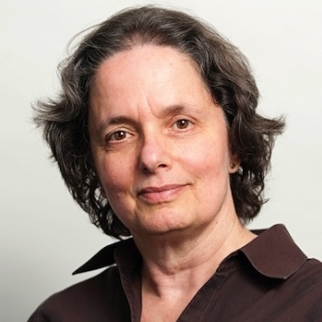The talk of the art world today is how Jeffrey Deitch, 57, a nice Jewish guy and a hot-ticket art dealer from New York who grew up working in his father’s heating and cooling business in Connecticut, landed the job as the director of L.A.‘s Museum of Contemporary Art.
To say the choice of an art dealer—even one with an MBA from Harvard and an art history degree from Wesleyan—to lead a major art museum—any museum for that matter—is an untraditional appointment is, well, an understatement. Outside the realm of possibility would probably have been the take on it—if it weren’t true.
But these are days for thinking outside the box, even if that means crossing the line between the world of for-profit and non-profit, between the academy and commerce.
The fact is, MOCA—ever an adventurous institution—seems to be more than ever in a place to be trying new things. A year ago, the highly esteemed institution seemed to be on the brink of falling off a cliff—having spent much of its substantial endowment to survive under the leadership of Jeremy Strick (another nice Jewish boy). Thankfully, the museum was rescued, in large part through the donations and fundraising efforts of L.A. philanthropist Eli Broad (also Jewish).
Now MOCA, whose current exhibition of its extraordinary permanent collection demonstrates the museum’s great depth, curatorial vision and thoughtful scholarship, is attempting to find new ways to shine—and raise more money to set itself on firm footing. (Never mind that Broad is a major collector with an interest in many of the same artists Deitch has shown).
Deitch’s greatest strength is his history of provocative and thoughtful shows at Deitch Projects, which he established in 1996. He has an impressive track record of working with an extraordinary range of artists like Jeff Koons, Vito Acconci, Chen Zhen, Sue de Beer and Laura Parnes. He has served as both curator and advocate, salesman and showman. Yet it remains to be seen how he will transition from running his own shop to overseeing an experienced curatorial staff—notably a museum with one of the best curators in the business, Paul Schimmel.
Even if Deitch can successfully put his considerable commercial instincts aside and throw himself into this new and different role, there will inevitably be a learning curve. How that all will work for an already precarious institution in these difficult economic times requires a giant leap of faith. We can only hope it’s for the best.























 More news and opinions than at a Shabbat dinner, right in your inbox.
More news and opinions than at a Shabbat dinner, right in your inbox.